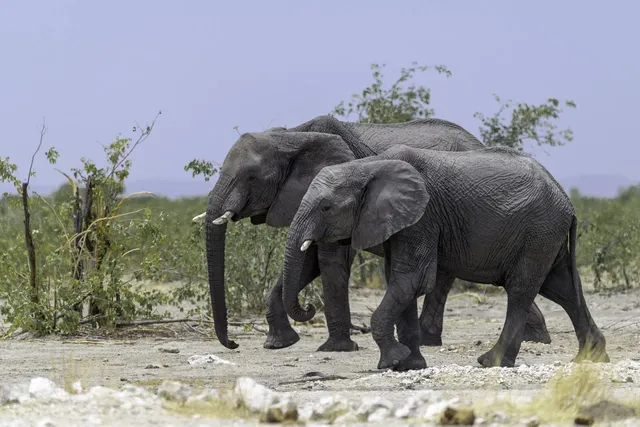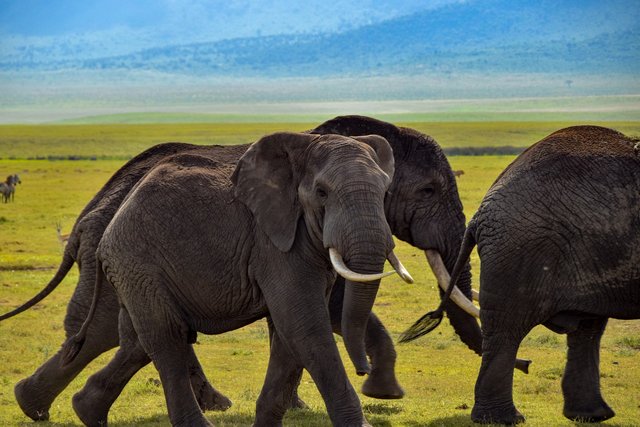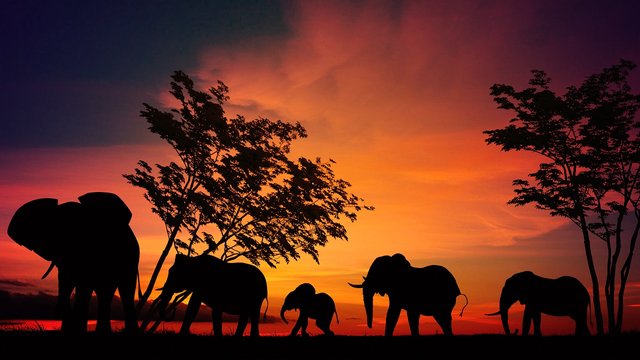Some unknown facts about elephants, the largest animals on earth.
🥀Assalamuwalaiku🥀
🥀Hello everyone this is @shahariar1 from bangladesh🥀
- I wish everyone good health.
Today I am going to talk about the largest mammal living in the land, the elephant.
I will share with you some unknown information about elephants. I hope you like it.
I would like to share with you a picture of a huge elephant at the beginning.
The elephant is a mysterious creature. The bride has to look her best during this time, because of posterity more than anything else.
You know what Like humans, elephants and sunscreen are needed.
The word elephant comes from the Greek word elephants which means ivory.
Elephants like to be together with family.
The female elephant leads the elephant family.
Elephant's social structure is different from other animals.
Twenty-five elephants live together in a family led by a female elephant.
The influence of older elephants in the elephant family is much greater.
The elephant leaves his family at the age of 15 and starts living with another small family and starts looking for a mate.
Humans need four hours of sleep daily, but only four hours of sleep. Elephants sleep most of the time standing.
Elephant is one of all intelligent creatures.
The elephant brain is the largest of all the candidates.
An elephant's brain weighs 5 kilograms.
I hope you know about elephants.
post by
@shahariar1



This the wonderful post. Elephants are one of the most important animals in our environment and biodiversity. Carrie on Brother Best of Luck.✌️👍
Your post has been upvoted by @mostofajaman Community Curation Trail.
Subscribe to our community
হাতি একটি পরিচিত জনপ্রিয় প্রাণী, আমরা অনেকেই এই প্রাণী দেখেছি এবং এই প্রাণী সম্পর্কে জানি, এবং আপনার পোস্টের মাধ্যমে আরও অজানা বিষয় গুলো জানতে পারলাম। এজন্য আপনাকে অসংখ্য ধন্যবাদ জানায়।